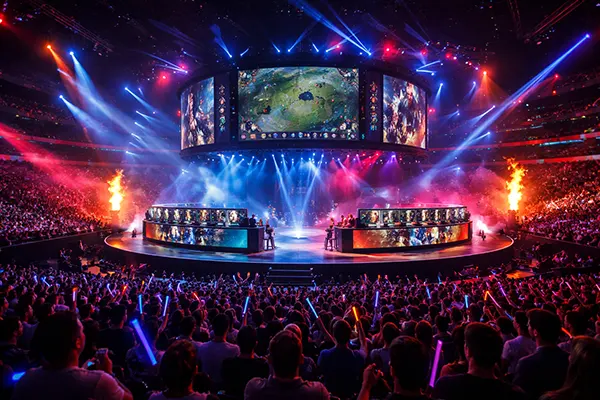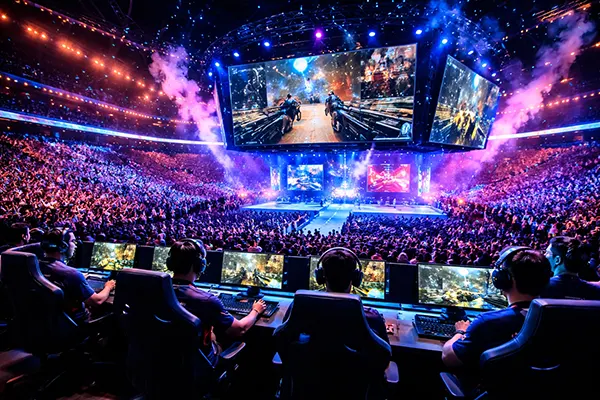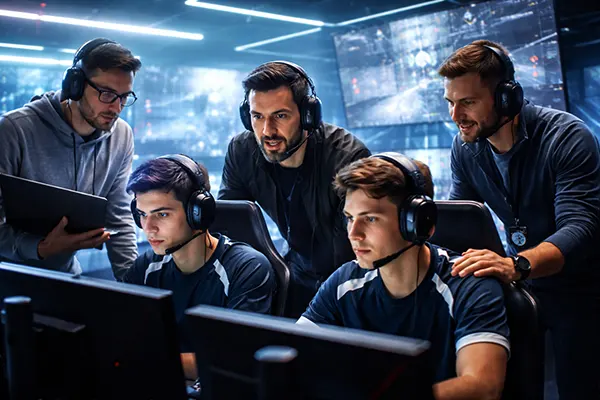Mastering Economic Strategy in CS:GO: A Guide to Efficient Money Management
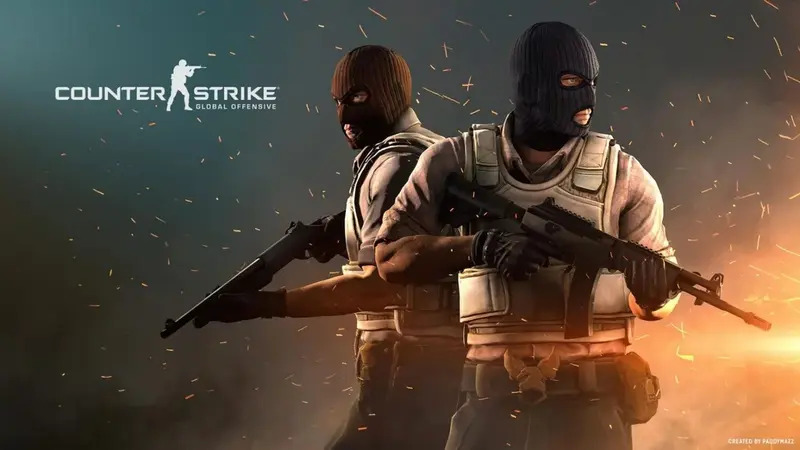
In Counter-Strike: Global Offensive (CS:GO), it’s not only your accuracy with an AK-47 that determines your success, but also how efficiently you manage your resources. Contrary to what beginners might believe, CS:GO is as much an economic strategy game as it is a first-person shooter. Understanding the ins and outs of the game’s economic system and how to utilize it effectively can turn the tide of a match.
Eco Rounds in the Game
‘Eco’ stands for economy, and an Eco Round is when a team decides to save money by purchasing minimal or no equipment. This typically occurs after a team has lost a round and doesn’t have enough funds for a full buy. The objective here isn’t necessarily to win the round, but to inflict as much financial damage on the opponent as possible. Each weapon you can force an enemy to rebuy is a victory of its own in these rounds.
Bonuses for Frags in CS:GO
Different weapons offer different kill rewards in CS:GO. Most guns offer a $300 reward per kill, but some weapons like shotguns and SMGs offer significantly higher kill rewards, ranging from $600 to $900. These weapons can be a good choice during Eco rounds as they can help you build up your bank while potentially causing damage to the opposing team. This isn’t to say that you should always opt for these weapons. You have to consider the weapon’s efficacy and the potential risk associated with each choice.
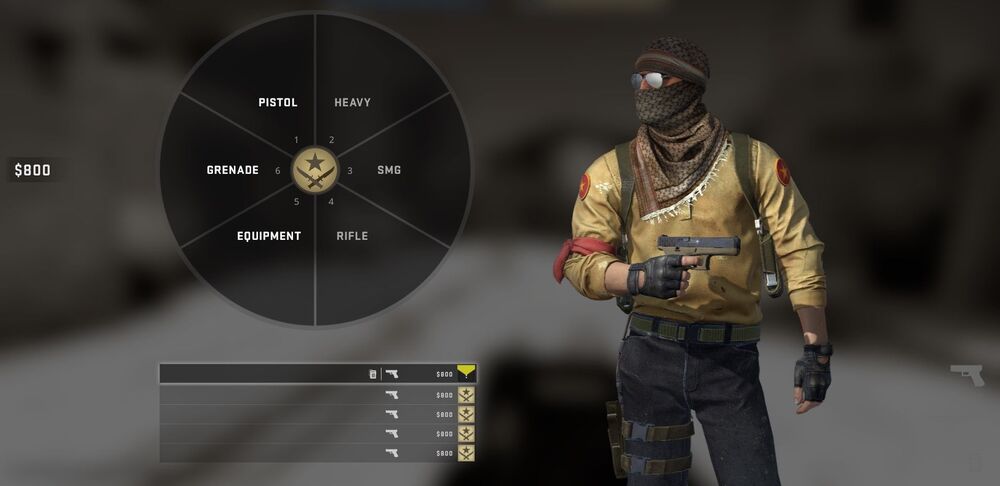
Force Buying in CS:GO
A Force Buy is a risky strategy where a team invests all of their money into a round, even if it means that some players have to settle for less effective weapons or lack utility items. This is usually done when a team doesn’t have enough money for a full buy but believes they can win the round with smart play and coordination.
The key to a successful Force Buy is communication and teamwork. Players will need to work together to maximize their lesser arsenal’s efficiency. This could mean setting up crossfires, using utility to funnel enemies into a trap, or employing other coordinated tactics.
Economic management in CS:GO is a complex game within a game. The decision of when to save, when to spend, and what to buy can often be the difference between victory and defeat. Remember, the goal isn’t always to have the biggest gun; sometimes, it’s about having a bigger bank account and a stronger strategy. Keep these pointers in mind, and you’ll find yourself winning not just the gunfight, but the mind game as well.

